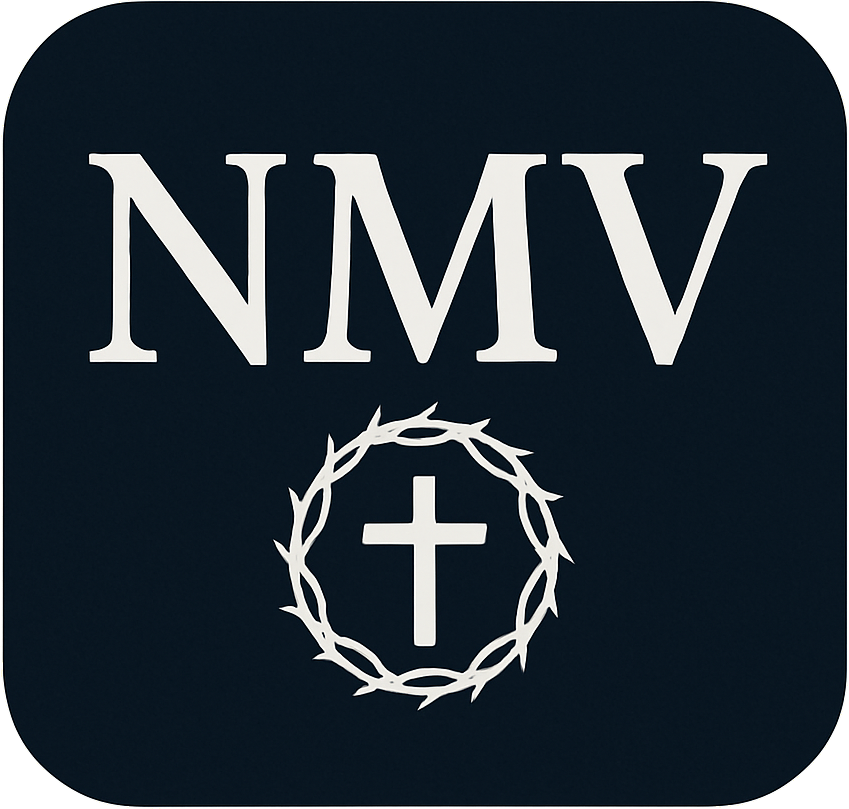💬 Clarified Meaning
In 1 Corinthians 14:16, Paul addresses the practice of speaking in tongues during worship. He points out that if a person gives thanks in a language not understood by others, outsiders, or visitors to the church cannot join in or affirm the thanksgiving with an "Amen." This reflects the need for clarity and edification in worship so that everyone can participate and be edified.
---
🔍 Reflection
In our walk of faith, gratitude is a cornerstone. However, as we express gratitude, it is important to do so in a way that builds up the community and invites others into the experience. Paul’s encouragement to be mindful of others during worship is a reminder to consider how our expressions of faith impact those around us. Our thanksgiving should not be just an individual experience but a communal one, where others can join in and affirm God’s goodness together.
---
🙏 Prayer
Heavenly Father, thank You for the gift of community and the opportunity to worship together. Help me to be mindful of others as I express my gratitude to You, ensuring that my thanksgiving is clear and edifying to those around me. May our collective praises bring glory to Your name and strengthen our fellowship. Amen.
---
✍️ Journal Prompt
- How can I ensure my expressions of gratitude and worship are inclusive and edifying to others in my faith community?
- Have there been moments when I felt disconnected from communal worship, and what can I learn from those experiences?
---
🧠 Greek or Cultural Insight
The Greek word **Ἀμήν** (Amēn) is significant in this verse. It is a transliteration of a Hebrew word meaning "truly" or "so be it," and was used in both Jewish and early Christian worship to affirm truths spoken by another. It signifies agreement and participation, showing that worship should be a communal experience where believers can collectively affirm and participate in the thanksgiving offered to God.
